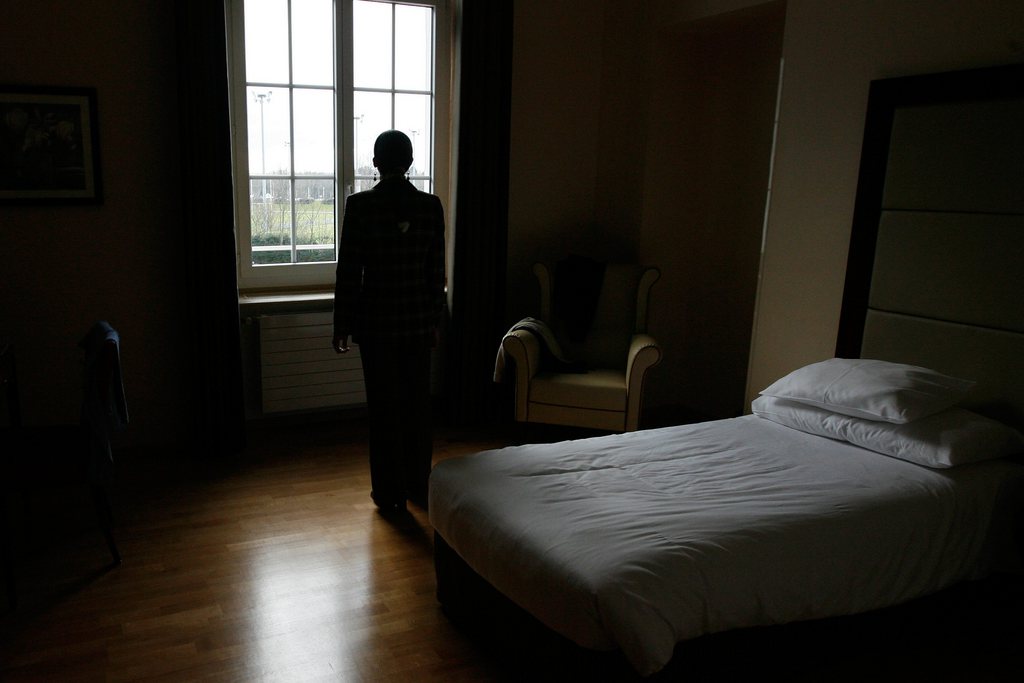Brain scans show effect of sleep deprivation

Controlled sleep deprivation has been used to treat depression for a number of years, but it was not known precisely how this method worked until now. Researchers at the University of Zurich’s Psychiatric Clinic have tracked changes in the brain through scans.
They looked at how the connections between different parts of the brain altered depending on whether the study participants had a normal night’s sleep or were woken up in the second half of the night and kept awake until the next evening.
Once awake, the 12 healthy subjects underwent fMRI (functional magnetic resonance imaging) scans which showed detailed pictures of the inside of their brains as well as EEG (electroencephalography) tests, where electrodes attached to the head picked up the brain’s electrical signals.
“Depression is associated with connections between different brain areas that are too strong [known as hyper-connectivity],” Erich Seifritz, chairman of the department of psychiatry, psychotherapy and psychosomatics at the university clinic told swissinfo.ch. “The treatment that we did, sleep deprivation, was associated with a reduction of this connectivity.”
The results from the scans and tests physically showed how the connections between the different parts of people’s brains changed depending on the amount of sleep they had had.
The team believe that their results, published in the latest edition of the journal Proceedings of the National Academy of Sciences, could lead to improved help for depression.
“The better we can understand the mechanisms that are associated with efficient treatment, the better we can push forward our research into the development of model treatments, because we have targets,” added Seifritz.
An understanding of the bio-mechanisms of the disease could make it easier to identify which patients will respond best to different types of treatment.
A study on subjects suffering from depression is already underway at the clinic. Seifritz expects some results within the next year.

In compliance with the JTI standards
More: SWI swissinfo.ch certified by the Journalism Trust Initiative











You can find an overview of ongoing debates with our journalists here . Please join us!
If you want to start a conversation about a topic raised in this article or want to report factual errors, email us at english@swissinfo.ch.